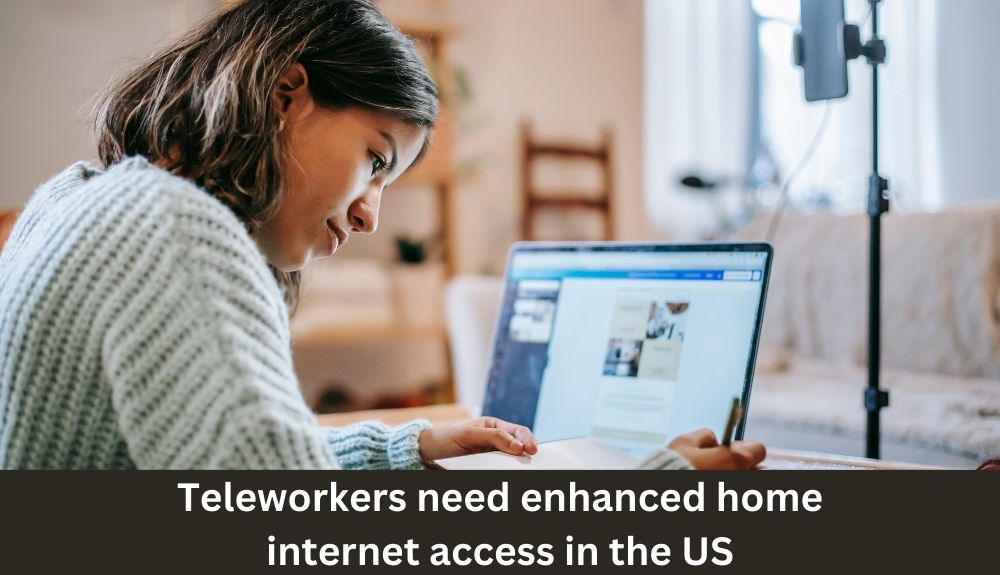Do you want to access your favorite websites and online services at the same speed, without any restrictions or biases based on the content you’re trying to reach? Imagine a scenario where your internet provider can control your access to certain websites, making some load slowly while others zip along at lightning speed. This is where the concept of net neutrality comes into play, aiming to ensure that all data on the internet is treated equally, without discrimination or favoritism.
In our blog, “Exploring Net Neutrality: Key Concepts and Debates,” we dive deep into the realm of net neutrality to unravel its significance in today’s digital landscape. From understanding the core principles behind net neutrality to exploring the heated debates and controversies surrounding it, we shed light on why this topic is crucial for maintaining an open, fair, and accessible internet for all users.
Join us as we navigate through the policies, controversies, and key concepts of net neutrality to grasp its pivotal role in shaping the future of online freedom and equality.
The Bottom Line
Net neutrality is a fundamental principle that ensures equal treatment of internet traffic for all users. It prohibits internet service providers (ISPs) from discriminating against certain types of content or websites, regardless of their size or popularity. This concept is essential for maintaining a fair online landscape and preserving user freedom. The policies and controversies surrounding net neutrality have sparked intense debates among industry experts, policymakers, and the public.
At its core, net neutrality aims to prevent ISPs from favoring specific websites or content providers by offering faster speeds or prioritized access. It ensures that all online content, whether from a multinational corporation or a small blog, is given an equal chance of reaching users without any interference or bias.
The controversy surrounding net neutrality arises from differing perspectives on how the internet should be regulated. Proponents argue that net neutrality guarantees equal access to information, encourages competition, and promotes innovation. On the other hand, opponents claim that excessive regulation may stifle investment, hinder network development, and limit ISP flexibility.
In recent years, the issue of net neutrality has gained significant attention globally. Various countries have enacted legislation to protect net neutrality, while others are still in the process of defining their stances. Regardless of the ongoing debates and controversies, the importance of net neutrality in maintaining a level playing field for all internet users cannot be overstated.
It is essential for individuals, lawmakers, and organizations to understand the significance of net neutrality and actively participate in discussions surrounding its preservation in order to safeguard equal access to online information and ensure a free and open internet for all.
Breaking News: SAMHSA & ONC Team Up to Fund Behavioral Health Telehealth Advancements

In a recent development, the Substance Abuse and Mental Health Services Administration (SAMHSA) and the Office of the National Coordinator for Health Information Technology (ONC) have joined forces to provide funding for advancements in behavioral health telehealth. This collaboration aims to address the growing need for accessible and quality mental health services, especially in underserved communities.
The SAMHSA and ONC partnership recognizes the potential of telehealth in expanding access to mental health care and improving patient outcomes. By leveraging technology, individuals can receive necessary behavioral health services remotely, eliminating barriers such as geographical distance or limited local resources.
The funding initiative will support various advancements in behavioral health telehealth, including the integration of telehealth into existing healthcare systems, the development of secure platforms and infrastructure to ensure privacy and data security, and the promotion of best practices in telehealth service delivery.
The importance of this collaboration extends beyond the immediate benefits of increased access to mental health services. It also paves the way for further innovation in telehealth technology and enhances the overall quality of care provided to patients. By investing in behavioral health telehealth advancements, SAMHSA and ONC are not only addressing the current mental health crisis but also shaping the future of healthcare delivery.
This partnership is a significant step towards creating a more inclusive and responsive healthcare system. It acknowledges the potential of telehealth in improving access to mental health services and ensuring that individuals receive the care they need, regardless of their location or circumstances.
As the field of telehealth continues to evolve, it is essential for stakeholders, policymakers, and healthcare providers to collaborate and invest in innovative solutions. By doing so, we can build a more equitable healthcare landscape and provide accessible mental health services to those who need them the most.
Why is Net Neutrality Important?
Net neutrality is a critical concept that ensures equal access and treatment of internet traffic for all users. It promotes the idea that internet service providers (ISPs) should not discriminate against or favor specific websites, apps, or content. Here’s why net neutrality is important:
1. Equal Access: Net neutrality guarantees that all online content is equally accessible to everyone, regardless of their socioeconomic status or geographic location. It prevents ISPs from creating fast lanes for certain websites or charging extra fees for faster access.
2. Level Playing Field: Without net neutrality, ISPs could potentially favor big companies with deep pockets, giving them an unfair advantage over smaller competitors. Net neutrality ensures a level playing field, allowing innovation and competition to thrive.
3. Freedom of Speech: Net neutrality preserves the freedom of speech online. It prevents ISPs from blocking or censoring content they disagree with, ensuring that individuals, organizations, and marginalized communities can express their views without discrimination.
4. Reduced Misinformation: Net neutrality helps fight against the spread of misinformation and fake news. By treating all online content equally, it discourages ISPs from prioritizing or promoting biased or false information.
In summary, net neutrality is crucial for maintaining a fair and open internet landscape. It upholds equal access to information, encourages innovation and competition, protects freedom of speech, and reduces the spread of misinformation. Upholding net neutrality principles is essential for a democratic and accessible internet for all.
Teleworkers need enhanced home internet access in the US

Teleworking, or working remotely from home, has become increasingly common in recent years, and its prevalence has amplified even further due to the COVID-19 pandemic. As a result, the quality and accessibility of home internet connections have become essential for individuals to effectively perform their job responsibilities.
One significant aspect of net neutrality is its role in ensuring equal access to internet traffic. This principle is particularly relevant for teleworkers who heavily rely on stable and high-speed internet connections. Enhanced home internet access is crucial to ensure seamless communication, collaboration, and productivity for remote workers.
Teleworkers heavily depend on video conferences, cloud-based software, and other online tools to connect with colleagues and complete their tasks efficiently. However, without adequate home internet access, teleworkers may face issues such as slow loading times, lagging video calls, and unreliable connections. These obstacles can significantly hinder their ability to work effectively and ultimately impact their productivity.
In the United States, ensuring enhanced home internet access for teleworkers has garnered attention from policymakers. The availability of fast and reliable internet connections in residential areas across the country is of utmost importance in supporting remote work and maintaining a level playing field for all workers.
Efforts are underway to address the disparities in home internet access, particularly in underserved communities. Various initiatives and programs aim to expand broadband infrastructure and improve connectivity in rural and remote areas, ensuring that teleworkers have equal opportunities to succeed regardless of their geographical location.
In conclusion, teleworkers in the United States require enhanced home internet access to fulfill their job responsibilities efficiently. Net neutrality plays a vital role in advocating for equal access to internet traffic, ensuring that all teleworkers have the opportunity to work without limitations or disparities in connectivity.



